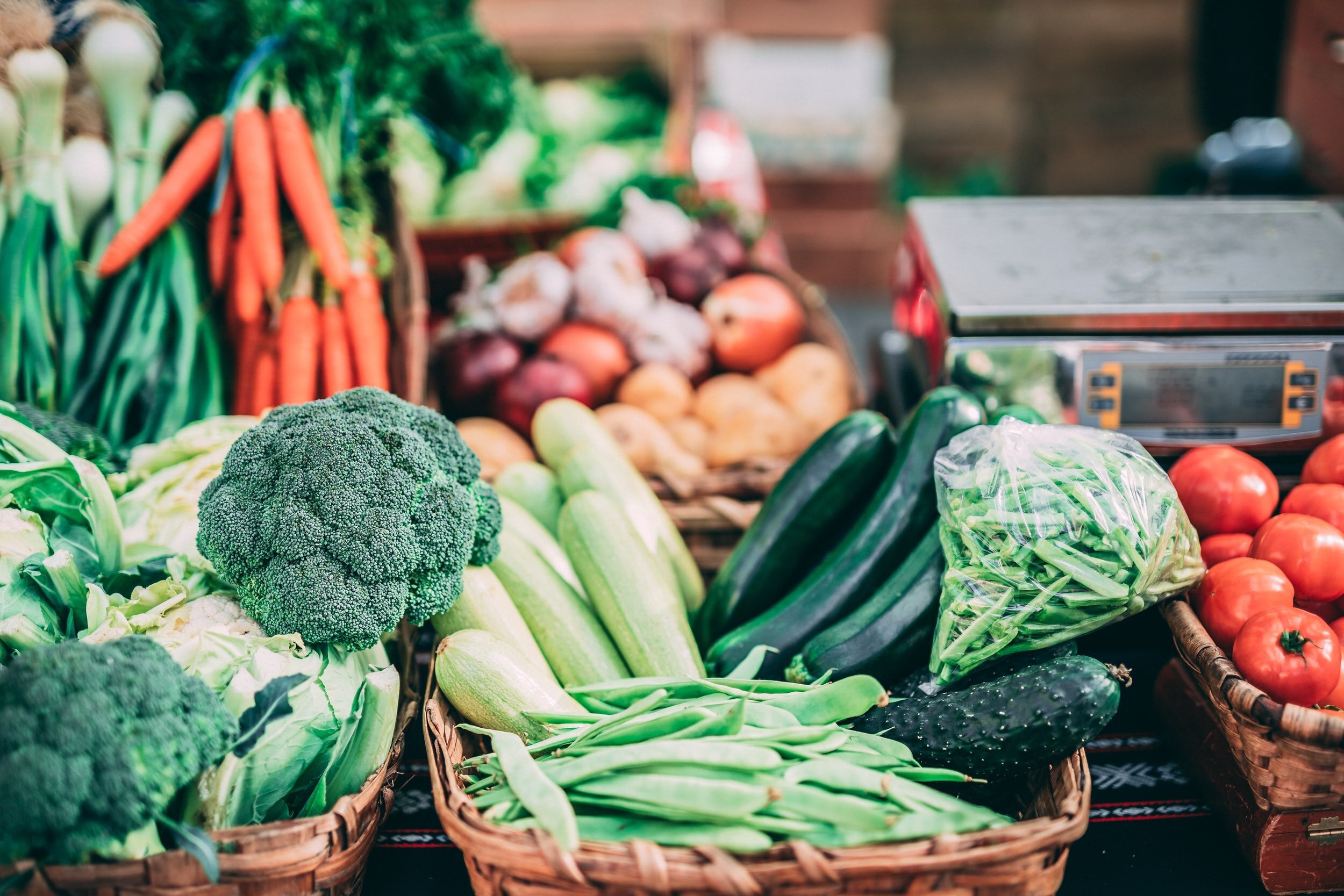A Breakdown on Butts
Here at A Greener Future, cigarette butts make up over 75% of the waste we pick up. And although they may look small in size, they can have a larger-than-life impact when it comes to pollution, especially considering cigarette butts are packed with toxins and chemicals.
A scientific study has demonstrated already that cigarette butts can be lethal to many fish when concentrations exceed that of one butt per litre of water. To break this down further many toxic compounds in cigarette butts leach into the ecosystem when they are littered on the ground or invade bodies of water through littering or runoff. Notably, this includes arsenic, nicotine, and lead.
Cigarette butts picked up during A Greener Future’s Butt Blitz campaign.
Although one cigarette butt is not going to demolish a large aquatic ecosystem, they can accumulate and contribute to an increase of toxins in the environment. In addition, smaller bodies of water, or urban areas exposed to higher quantities of cigarette butts will be more susceptible to this degradation.
In terms of physical litter, the filters in cigarette butts are made from cellulose acetate which is a plastic fibre. Because of this component of the cigarette's synthetic origin, they can take up to ten years to break down. During this time, not only do they leach toxins into the environment, but they can also be mistaken for food by wildlife in aquatic environments.
We all know that smoking cigarettes is bad for human health, but what is less known is that the extinguished butts have the potential to cause even further damage to our natural environment. But there is hope! All of these environmental effects can be mitigated with proper butt disposal. That is why both smokers and non-smokers alike need to understand the importance of proper butt disposal via cigarette receptacles or garbage (once fully extinguished).
37,052 cigarette butts picked up at our 2019 Hamilton Butt Blitz event.
To raise awareness for this issue, A Greener Future has launched its sixth annual Butt Blitz campaign. We’ve challenged our volunteers to pick up 5,000 cigarette butts each. If we can get 70 volunteers to do this, we’ll be able to reach our goal of picking up 350,000 from the streets and shorelines of Canada.
Will you accept the challenge? Register as a volunteer in our next Butt Blitz.



















Program Assistant, A Greener Future